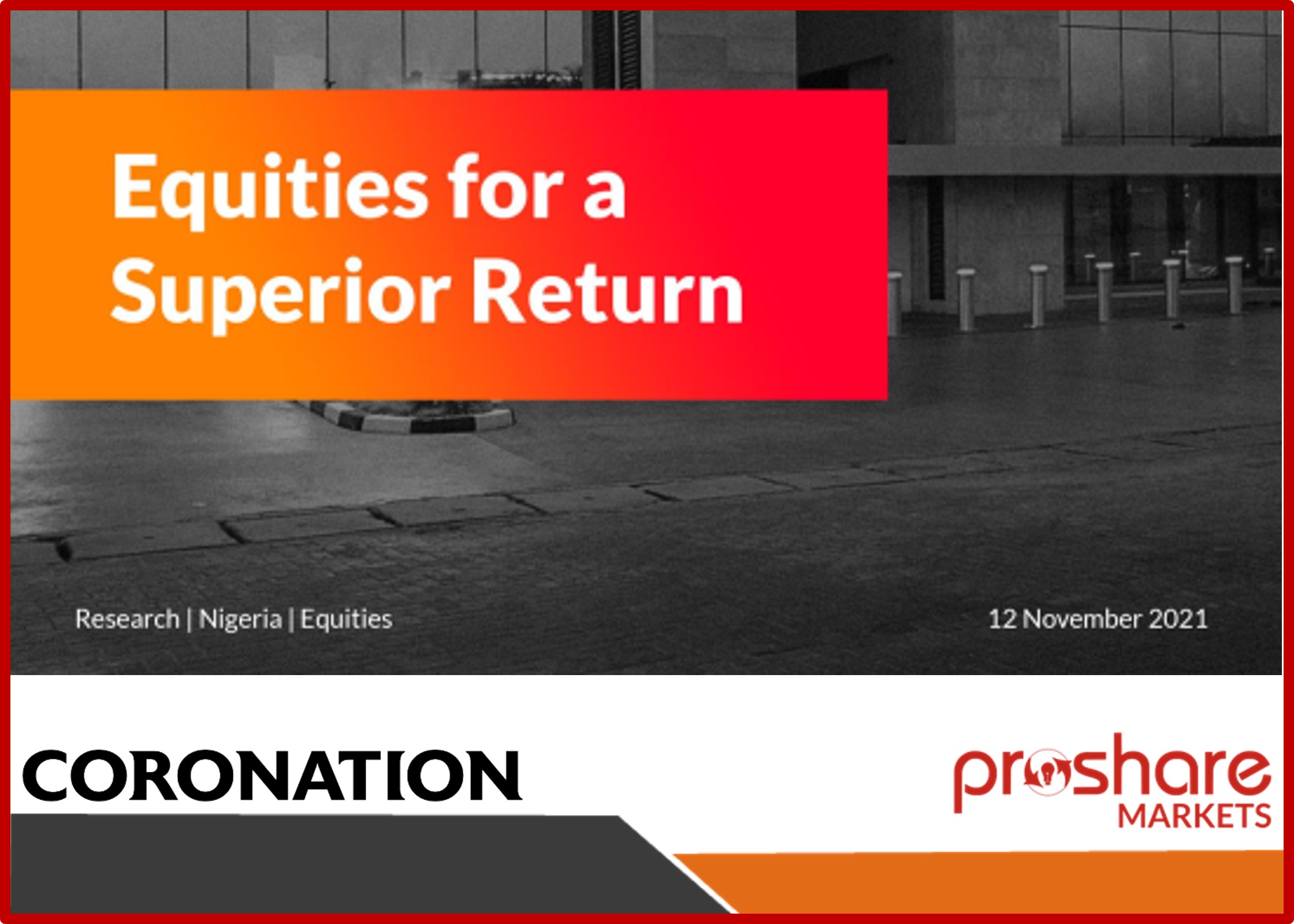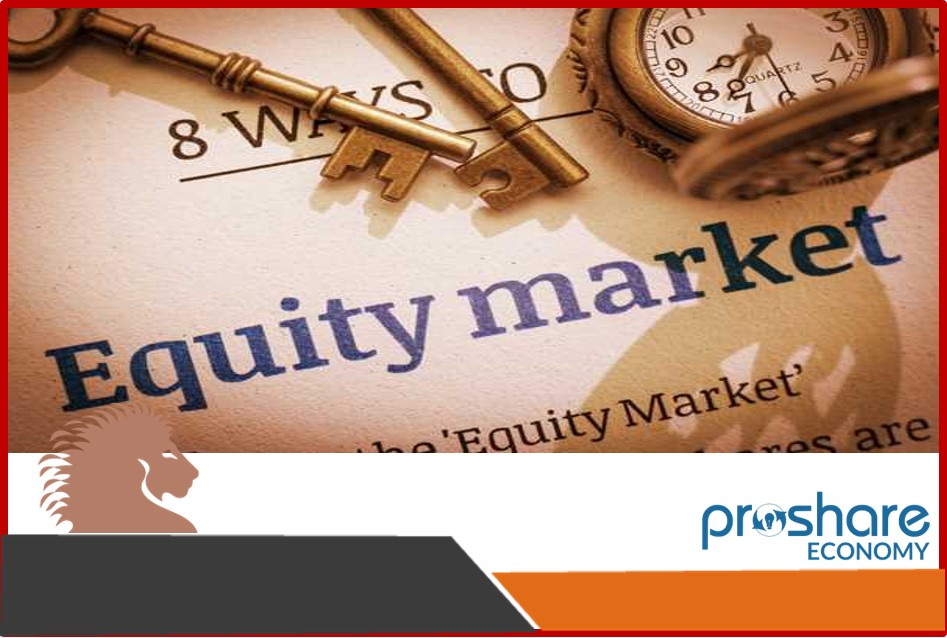General elections are to commence in just under three weeks’ time, with presidential and parliamentary polls due at the end of February and governors’ and state assembly elections due in March. What do markets make of this, and how are they likely to react after the polls?
General Elections and the Markets
In contrast with the run-up to general elections in 2015 and 2019, Nigeria’s markets are in confident mood in 2023, with the equity market rising and market interest rates falling. This also contrasts with the realities on the street where we see queues at petrol stations and queues at banks where customers are trying to get hold of their new bank notes.
The equity market, in the shape of the NGX All Share Index, has risen 5.8% in the first five weeks of the year (as of last Friday). This contrasts with its decline in the run-up to 2015’s general elections (it fell 17.4% in the first six weeks of the year) but comparable with its rise in the run-up to 2019’s general elections (itrose 4.1% in the first six weeks of the year).
In 2015 there was a lot of uncertainty about the outcome of the elections, as a challenger in shape of Muhammadu Buhari was attempting to dislodge an incumbent, President Goodluck Jonathan. The equity market clearly thought the situation was risky and there was a spike in market interest rates at the time of the polls. The transfer of power from the incumbent to President Muhammadu Buhari turned out to be peaceful and the equity market subsequently rallied (at least for a while). In 2023, and despite the fact that there is an unusual three-way split among the major parties (the APC, the PDP and the Nigeria Labour Party), which makes the outcome uncertain, the equity market is buoyant.
This may be because interest rates are falling. 1-year T-bill rates have fallen from 8.55% at the beginning of the year to 3.86% at the end of last week. A fall in the cost (or yield) of money is often associated with a rise in equity markets (of course, the reverse was true of global equity markets during 2022) but the relationship is not precise. T-bill yields, fixed income yields and deposit rates are all falling in early 2023 but this has to do with the slow rate of T-bill and Naira-denominated FGN bond issuance planned for the first quarter, which means that redemptions (of old T-bills and FGN bonds) are increasing liquidity. It is the fiscal calendar, not the political outlook, which is driving down rates at the moment, in our view. See our report, Coronation Research, Interest Rates, déjà vu? 7 November 2022.
Purely political considerations appear not to be affecting the markets, so far in 2023. The situation was similar in 2019, when President Muhammadu Buhari was campaigning for his second term. The equity market, as we have mentioned, rose gently while 1-year T-bill yields did not change much during the first six weeks of the year (whereas they are falling now). At the end of February 2019 the markets suddenly traded down the yield of 1-year T-bills, anticipating a cut in the Monetary Policy Rate (MPR) of the CBN in March (this marked the beginning of the CBN’s long campaign to keep rates low and to increase liquidity in the economy).
FX
Last week, the exchange rate at the Investors and Exporters Window (I&E Window) gained 0.05% to close at N461.50/US$1. Elsewhere, the foreign exchange (FX) reserves of the Central Bank of Nigeria (CBN) slipped by 0.06% to US$37.02bn, as the CBN continues to intervene across the various FX windows.
The FX reserve position remains close to its historic high, and we doubt that the CBN wishes to see the exchange rate slip as general elections approach. Therefore, we believe that the current I&E Window rate, or something very close to it, can be maintained for at least several months.
Bonds & T-bills
Last week, the Federal Government of Nigeria (FGN) bond secondary market was bearish as the average benchmark yield for bonds rose by 13bps to close at 13.24%. Across the curve, the yields on the 7-year (+24bps to 14.10%) and 10-year (+11bps to 14.30%) bonds expanded while the yield on the 3-year (-17bps to 12.08%) bond fell. In the first FGN bond auction of the year, the Debt Management Office (DMO) allotted a total of N662.62bn (US$1.44bn). Demand was strong, as reflected by a total subscription of N805.17bn and a bid-to-offer ratio of 2.24x (vs 2.37x at the last auction). Consequently, the yield on the April 2032 (+15bps to 15.00%) bond expanded, while the yields on the February 2028 (14.00%), April 2037 (15.80%) and April 2049 (15.90%) bonds remained unchanged. Our view remains that elevated Federal Government domestic borrowing will drive yields upwards over the course of the year, particularly after April.
Activity in the Treasury Bill (T-Bill) secondary market was bearish as the average yield for Tbills rose by 12bps to 1.58%. However, the yield on the 307-day T-bill fell by 1bp to close at 3.86%. At the T-bill auction this week, the DMO is expected to offer maturities worth N217.06bn. Elsewhere, the average yield for secondary market OMO bills fell by 89bps to 1.97%, while the yield on the 88-day OMO bill closed flat at 3.02%.
Oil
Last week the price of Brent fell by 7.75% to trade at US$79.94/bbl which represents a decline of 6.95% year-to-date. Year-to-date Brent has traded at an average of US$83.72/bbl, 15.51% lower than the average of US$99.09/bbl achieved during 2022.
Last week's meeting of the Organization of the Petroleum Exporting Countries (OPEC) and its ally Russia (OPEC+) decided not to make further cuts to those it has already agreed on last October (of 2.0mbpd). OPEC Secretary-General Haitham Al-Gais explained that the organisation expects Chinese demand to pick up significantly this year. In the short term, however, it was reported that US inventories had jumped, and European Union product inventories had normalised, prompting traders to mark prices down.
Our view is the principal suppliers of oil will cut back production if prices trend below US$80.00/bbl for very long. We believe prices are likely to trend over the US$75.00/bblmark set in Nigeria's 2023 budget.
Equities
Last week, the NGX All-Share Index gained 2.95% to settle at 54,213.09 points. Consequently, its year-to-date return rose to +5.78%. Geregu Power(+36.88%), Seplat Energy (+20.45%) and FCMB Group (+18.07%) closed positive while Guinness Nigeria (- 10.00%), Ardova (-7.59%) and Honeywell Flour Mills (-4.29%) closed negative. Performances across the NGX sub-indices were broadly positive as the NGX Oil/Gas (+9.16% w/w) led the gainers, followed by NGX Pension (+3.37% w/w), NGX-30 (+2.55% w/w), NGX Banking (+2.49% w/w), NGX Insurance (+0.27% w/w) and NGX Industrial Goods (+0.13% w/w) while the NGX Consumer Goods (-0.42% w/w) sub-index closed lower.
Model Equity Portfolio
 Lagos, NG • GMT +1
Lagos, NG • GMT +1











 314 views
314 views















 Sponsored Ad
Sponsored Ad
 Advertise with Us
Advertise with Us









